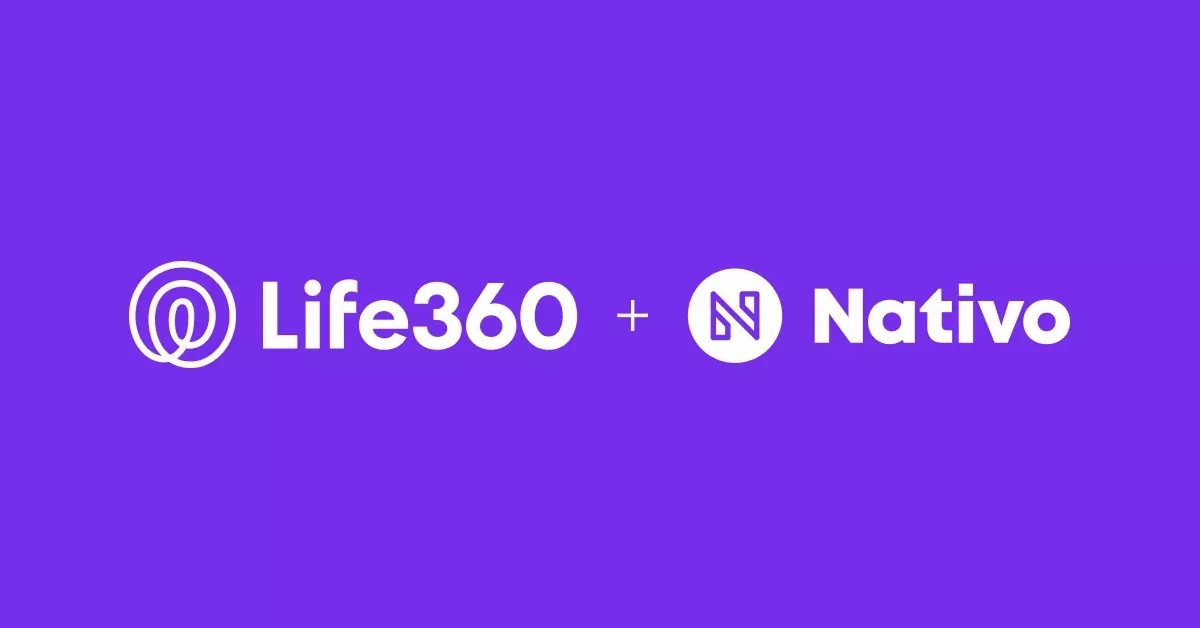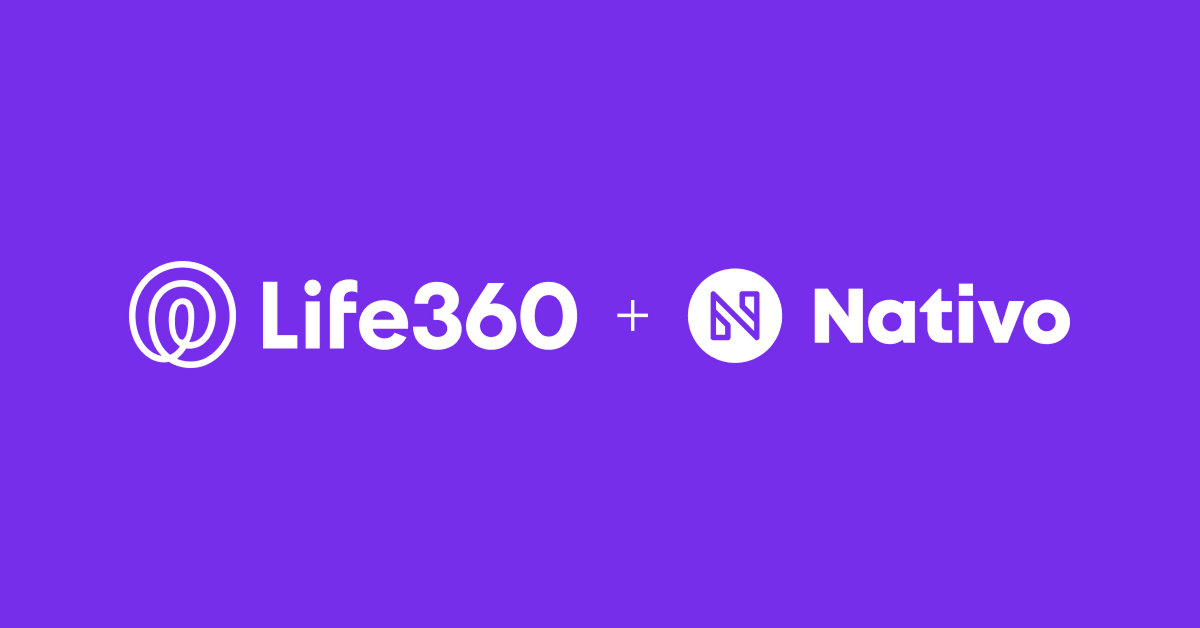Digital Advertising And The Future Of Public Service Information

2020 changed our relationship with digital media. During shelter-in-place and shutdown, we spent more time with digital media than ever before with daily increases of 15% from 2019. It was a time of great uncertainty, and the trustworthiness and accuracy of digital content took on new importance.
When big things happen, people turn to digital sources for information and guidance. Even in “normal” times, we are increasingly seeking out information on public safety, health initiatives and more online.
Just as television PSAs are a widespread and effective tool for informing the public, Nativo believes digital advertising will be an important part of the public information infrastructure of the future and that we must prepare to use our expertise and technology to assist public partners. We have compiled a list of tried-and-true best practices to ensure important messages make a real impact, along with proof points from our most recent campaigns:
- Rush Hospitals — To promote the advantages of telehealth through an important story as it became a new option for millions
- Michigan Department of Health and Human Services (MDHHS) — To educate about vaccines and encourage vaccinations, keeping children’s vaccinations up to date during shelter-in-place
- California Milk Processing Board (CMPB) and Dairy Council of California (DCC) — To raise awareness of free school meals for children
- US Department of Health and Human Services (USDHHS) — To increase vaccination rates, especially in Spanish speaking populations

Pinpoint the most effective headlines with A/B(/C) testing.
To find headlines that really get people reading, go back to basics with headline best practices and fine tune with robust A/B testing. Remember your objective and your audience. For matters of health and safety, a personal touch matters: MDHHS campaign headlines that referenced “children” or the audience (“you/parents”) showed large CTR lifts — 47% and 31%, respectively.
Reach people in sources they already trust.
Trust is tantamount when it comes to important public information around health, safety and government services. Matching the unique look and feel of each publisher goes a long way towards engendering trust readers have towards the host publication, reaffirming that content is relevant and accurate.
In the MDHHS educational campaign, Native Article formats exceeded benchmarks by 33% with a CTR of 0.60% — the native format was effective in driving qualified clicks and in-article engagement in this specific campaign where audiences were looking for trustworthy information in a more buttoned-up presentation.
Present well-defined, actionable CTAs.
Leave your audience with something short and instructive that drives clicks, ideally 3-5 words with a clear, direct outcome. Consider the objectives your audience has: for the USDOH campaigns, CTAs were “Find vaccine centers near you.” For CMPB, we used “Search for your local school feeding information.”
Be specific in all aspects of messaging.
Unlike consumer marketing, there is no need for coyness or mystery when relaying important messages to the public. Be direct and specific (e.g. from our CMPB awareness campaign “School Meal Sites Providing Free Meals for Children Throughout California”). In body copy, be straightforward with an eye towards informing — not selling or enticing.
Ensure content is as digestible as possible.
The right format makes all the difference when it comes to readership. Depending on the complexity of the message, this could mean a listicle, numbered lists, video, emphasizing important sentences in bold and more. MDHHS’s flu vaccine campaign centered on a bullet-list article titled “5 of the biggest myths about the flu vaccine” and achieved an 84% scroll depth, beating benchmarks by more than 30%.
Reflect target audiences with imagery.
Reflect targeted demographics in the imagery used for campaigns — it helps your audience identify with the content and boosts engagement. The vaccination education campaign for MDHHS was designed to inform a minority audience, and so it was important to ensure that imagery reflected this targeting.



.jpg)

